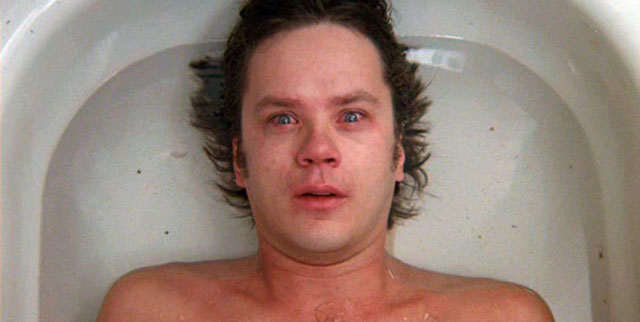Parallel to the dream of robotizing and automating warfare is one in which supersoldiers are created through PEDs, technological add-ons and implants, and genetic modification. Neither vision is anything new, of course. Case in point: Vietnam is considered the first drug-fueled American war, with what’s politely described as “pep pills” and other pharmaceuticals being popped like Pez. Of course, this crude, foolhardy experimentation may have dulled the pain at the moment, but it was really just delaying the inevitable.
The Atlantic has published a piece adapted from Lukasz Kamienski’s book, Shooting Up: A Short History of Drugs and War. The opening:
Some historians call Vietnam the “last modern war,” others the “first postmodern war.” Either way, it was irregular: Vietnam was not a conventional war with the frontlines, rears, enemy mobilizing its forces for an attack, or a territory to be conquered and occupied. Instead, it was a formless conflict in which former strategic and tactical principles did not apply. The Vietcong were fighting in an unexpected, surprising, and deceptive way to negate Americans’ strengths and exploit their weaknesses, making the Vietnam War perhaps the best example of asymmetrical warfare of the 20th century.
The conflict was distinct in another way, too—over time, it came to be known as the first “pharmacological war,” so called because the level of consumption of psychoactive substances by military personnel was unprecedented in American history. The British philosopher Nick Land aptly described the Vietnam War as “a decisive point of intersection between pharmacology and the technology of violence.”•
Tags: Lukasz Kamienski

